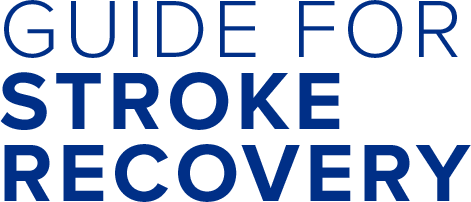
Sleep apnea is a condition where your breathing briefly stops or becomes very shallow during sleep. The changes in breathing can last up to 10 seconds or more, many times a night. This will cause less air to reach your lungs which results in less oxygen to your brain. Over time, you may begin to have poor sleep and feel tired during the day.
Sleep apnea can lead to health problems over time, and is linked to high blood pressure, stroke, heart disease and weight gain. But with treatment you can control the symptoms, get your sleep back on track, and begin to feel rested and refreshed every day.
What are signs of sleep apnea?

See your doctor if you or your partner notices these signs:
- snoring loudly enough to disturb your sleep or others
- pauses in breathing, gasping or choking sounds during sleep
- waking up feeling short of breath
- feeling overly tired during the day, which may be causing difficulty concentrating or remembering things
Other problems to watch for can include:
- waking up often to go to the bathroom
- waking up with a dry mouth or sore throat
- waking up with headaches
- feeling irritable, depressed, or having mood swings
- personality changes
What causes sleep apnea?
The muscles in your airway usually relax while you sleep. Gravity causes the tongue to fall back when sleeping on your back. This will make your airway smaller and reduce the amount of air that can reach your lungs. A smaller airway can cause your throat to vibrate which is heard as snoring.
When the airway becomes too small and little to no air is getting in, your body responds by getting you to start breathing again, usually with a gasp or choking sound.
Who is more likely to be at risk for sleep apnea?
You are more likely to be at risk for sleep apnea if you:
- are an older adult
- have a family member that snores or has sleep apnea
- are overweight
- are a heavy smoker (smoking can increase the swelling and amount of fluid in the throat)
- are a heavy drinker (drinking alcohol can relax the muscles in the throat which interferes with breathing)
What can you do?
You can reduce your risk for developing sleep apnea by making healthy lifestyle changes such as:
- exercising regularly
- quitting smoking
- drinking little or no alcohol
Speak to your doctor if you think or know you have sleep apnea. You can see a sleep specialist or have a sleep assessment in an overnight sleep clinic.
The good news is that there is treatment for sleep apnea.
One option is to use a breathing device during sleep that keeps your airway open, called a CPAP machine. Your doctor will help you decide the best treatment for you.
Having read the information in this section, consider the following
- Has anyone ever told me that I stop breathing or gasp when I am asleep?
- Do I feel tired when I wake up?
- Do I often doze off or fall asleep during the day when I am not busy or active?
- Do I know who to talk to about getting tested for sleep apnea?
- Do I know what treatment is best for me to manage sleep apnea?
Where to get more information, help and support:
Sleep clinics offer diagnostics and treatment services for people with sleep disorders, sleep apnea and snoring.
Centre for Sleep Health and Research
MedSleep
Ontario Sleep Clinics
Sunnybrook Sleep Disorder Clinic
